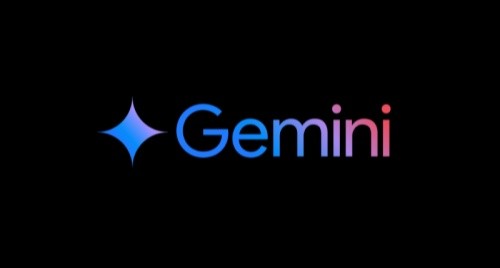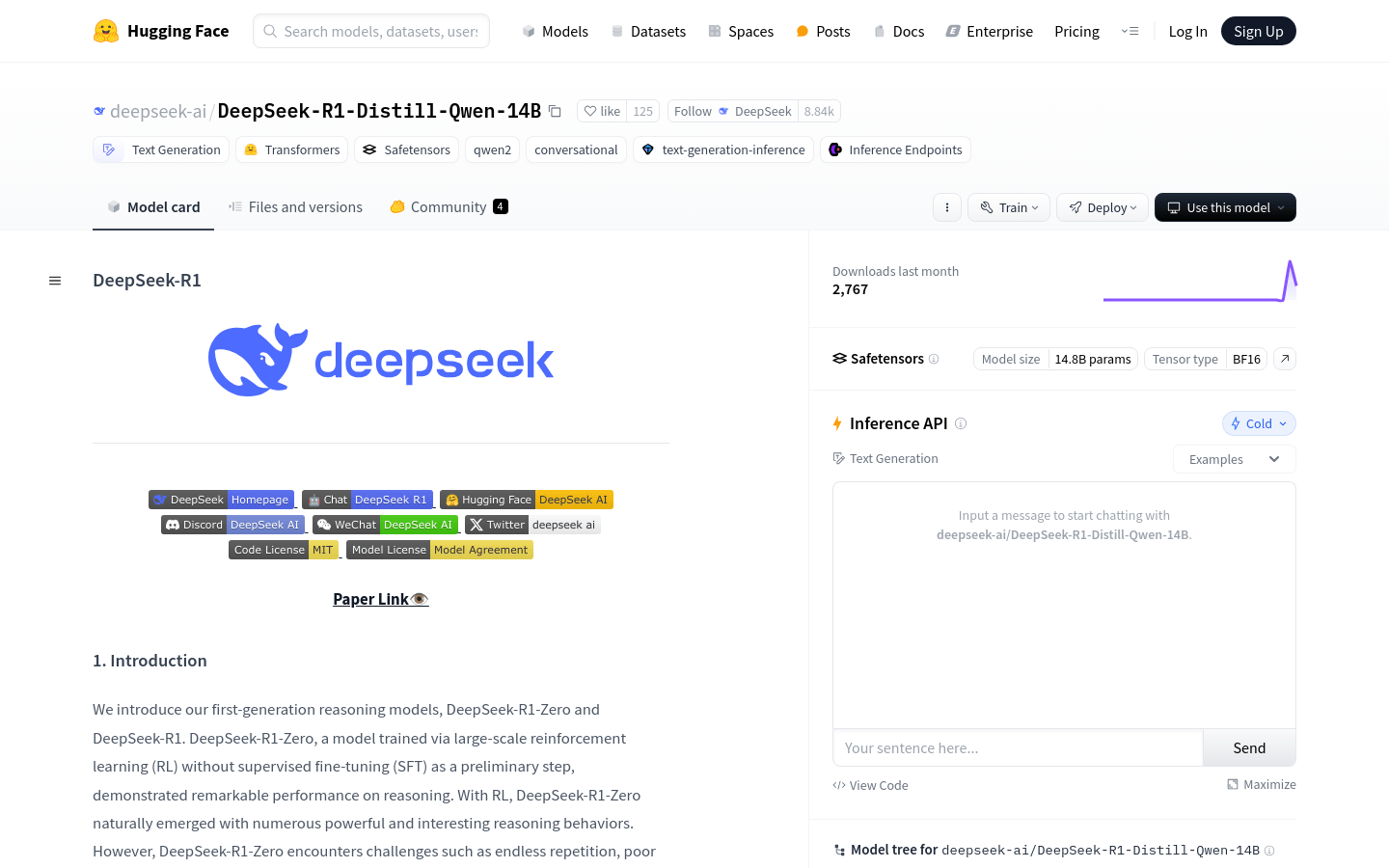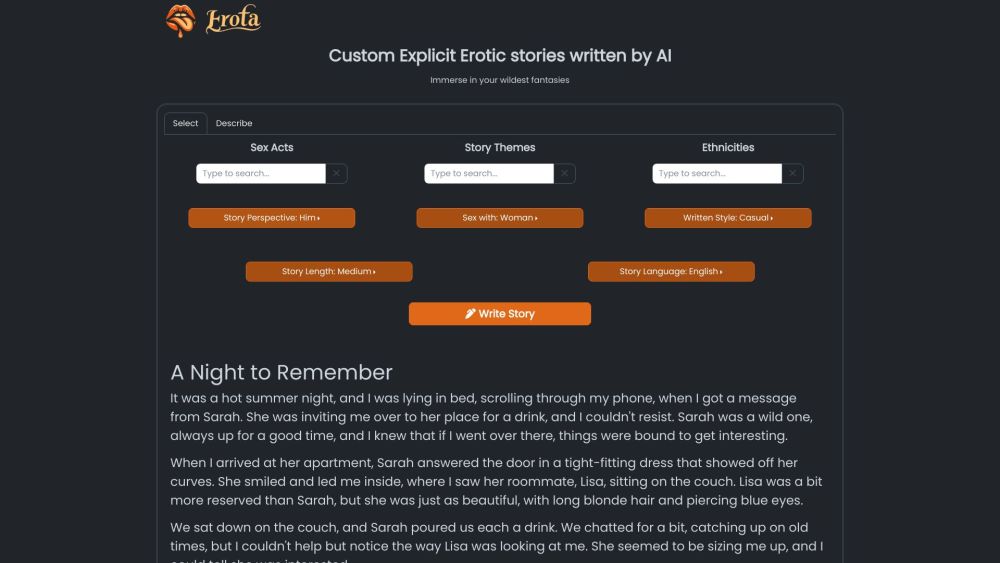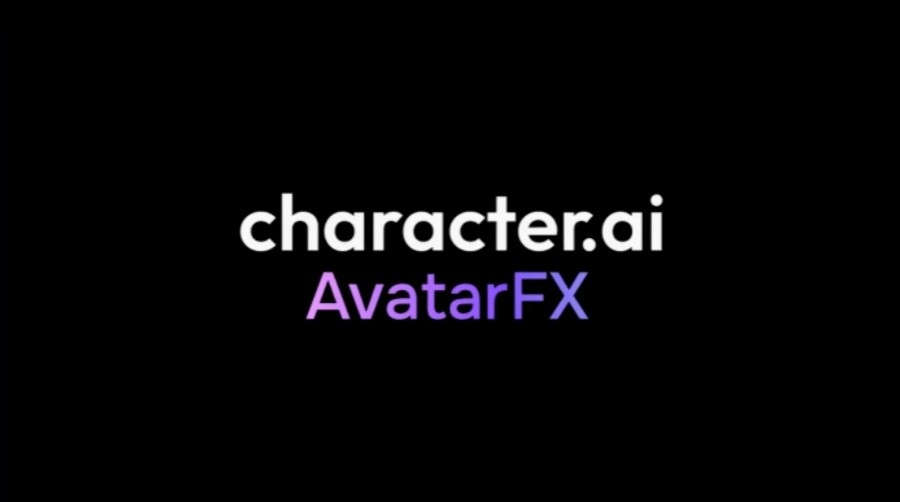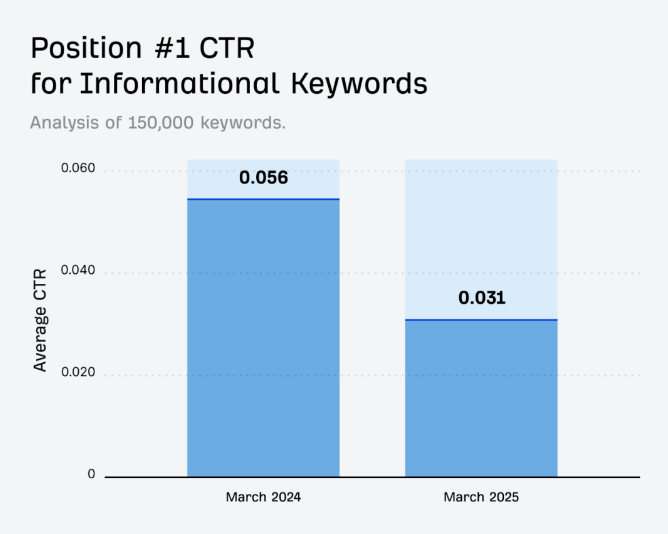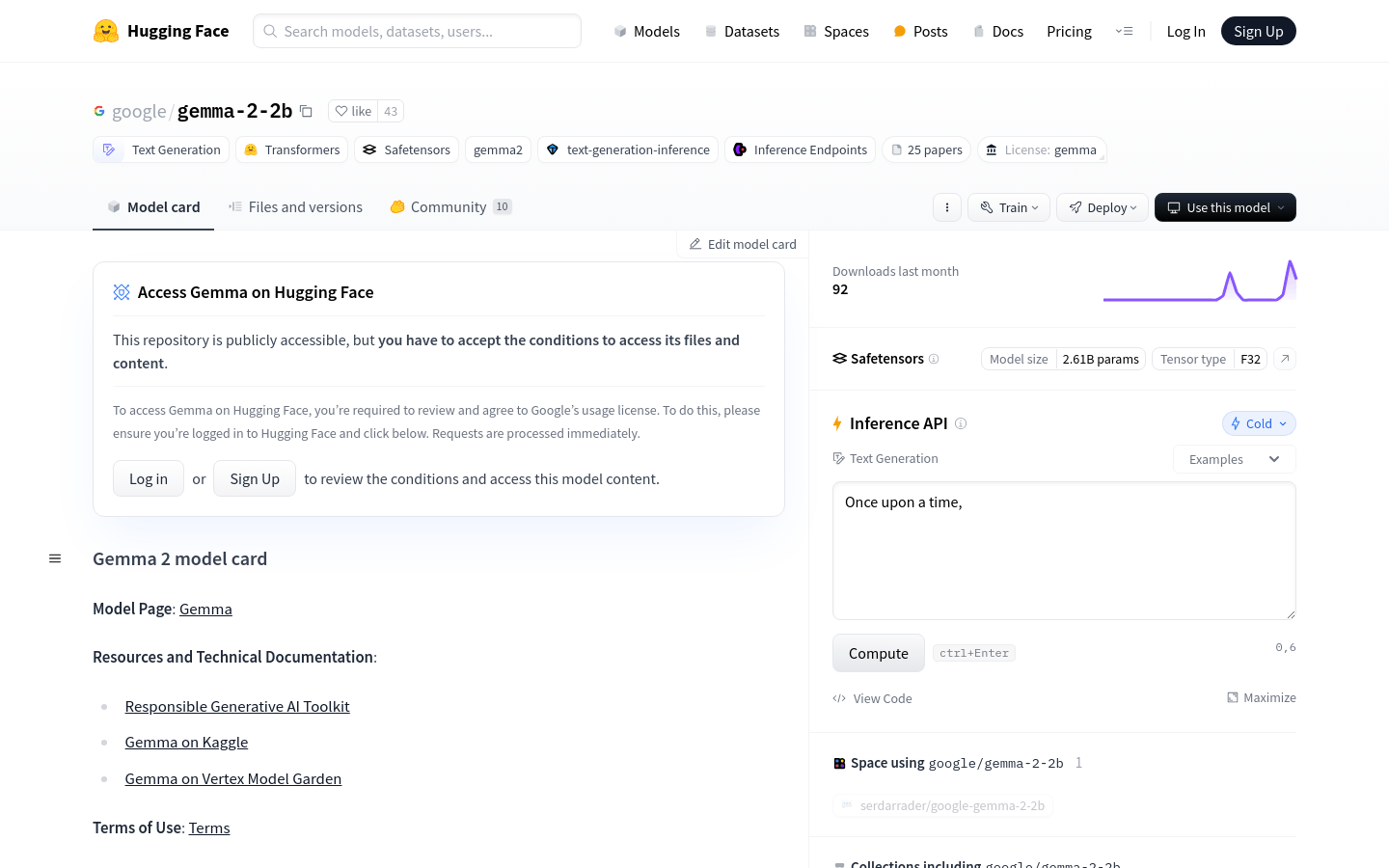
Gemma 2 2B is a lightweight, advanced text generation model developed by Google and belongs to the Gemma model family. Built on the same research and technology as the Gemini model, this model is a text-to-text decoder-only large-scale language model, available in English. The Gemma 2 2B model is suitable for a variety of text generation tasks such as question answering, summarization and reasoning. Its small model size allows it to be deployed in resource-constrained environments such as laptops or desktop computers, promoting the development of state-of-the-art AI models. access and drive innovation.
Demand group:
"The Gemma 2 2B model is suitable for developers and researchers who need to quickly deploy text generation applications on local devices. Especially for users who want to take advantage of the latest AI technology but are limited by hardware resources, such as small businesses and independent developers or academic researchers."
Example of usage scenario:
Developers use the Gemma 2 2B model to develop customized chatbots.
Researchers use the model to automatically generate abstracts for scientific papers.
Content creators use the Gemma 2 2B model to assist in writing creative copy.
Product features:
Suitable for various text generation tasks such as question answering, summarization and reasoning.
The model is moderately sized for easy deployment on resource-constrained devices.
Supports instruction adjustment to optimize the performance of specific tasks.
Provides 8-bit and 4-bit quantized versions to improve operating efficiency on hardware.
Models can be quickly run through the command line interface.
Supports Torch compile acceleration, significantly improving inference speed.
Usage tutorial:
First install the necessary Transformers library.
Choose the appropriate running method according to your needs, such as pipeline API or CLI.
Specify the model as 'google/gemma-2-2b' through code.
Prepare input text and set generation parameters such as the maximum number of new tokens.
Execute model generation and obtain the output text.
Decode and subsequently process the output text.
For advanced users, quantization or torch compile techniques can be applied to optimize performance.

